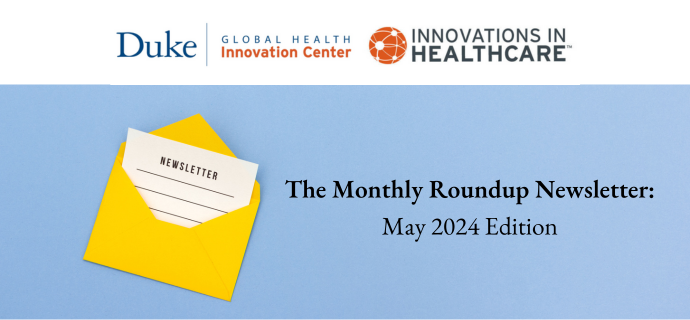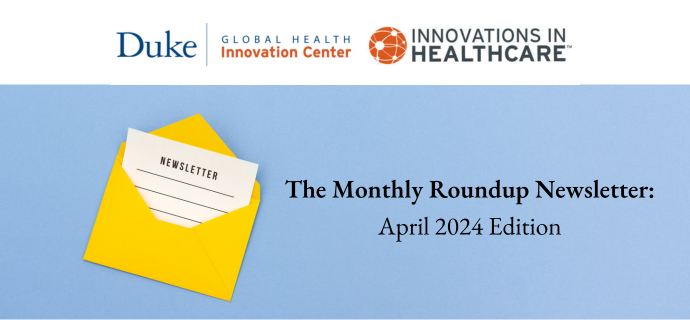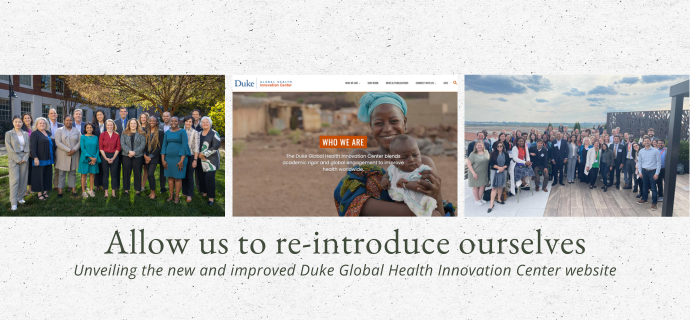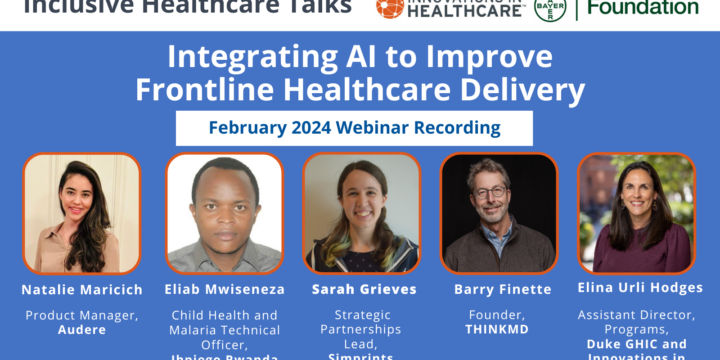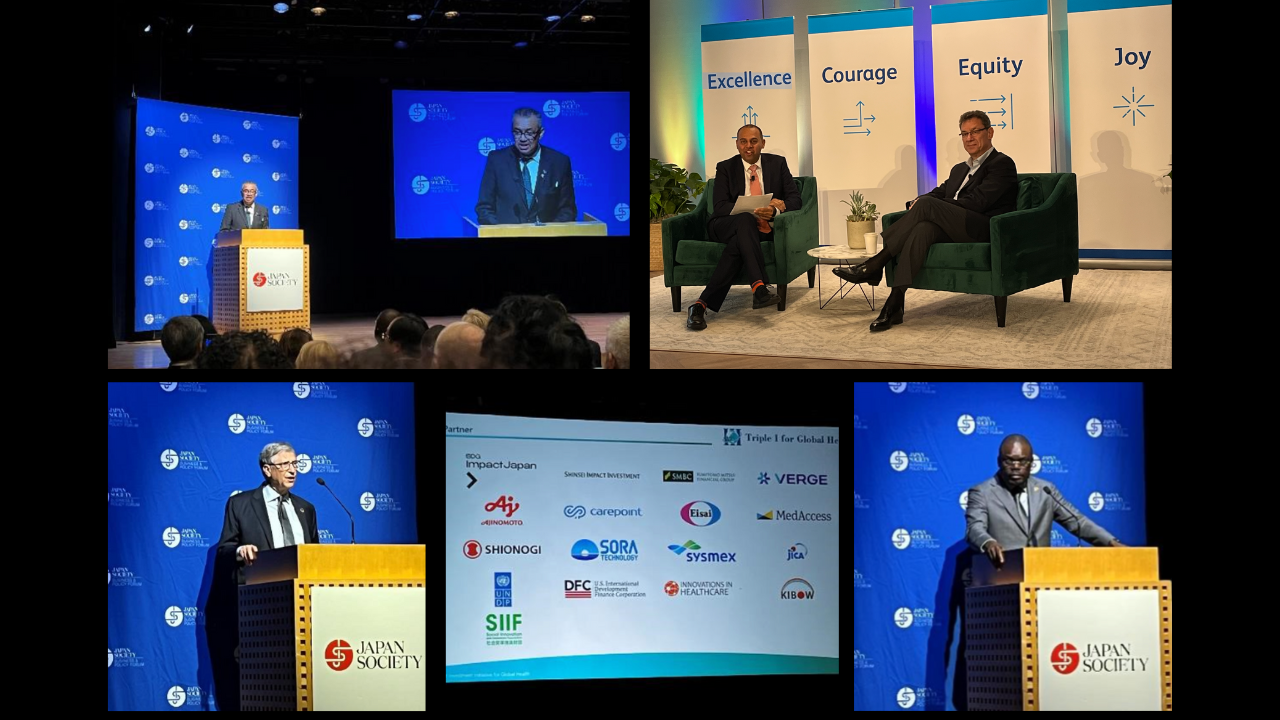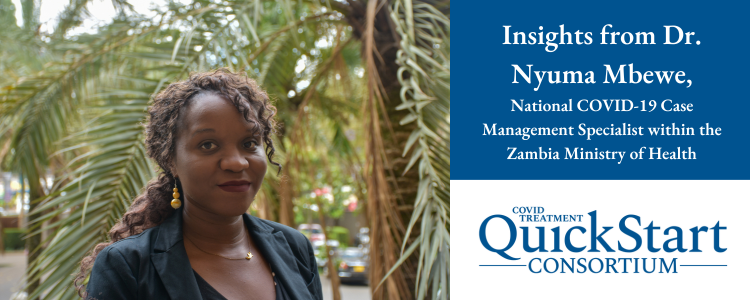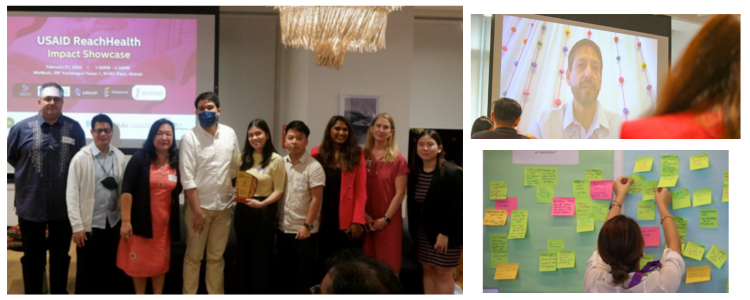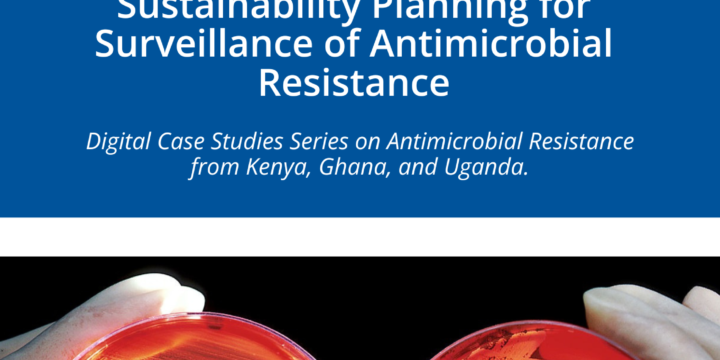
Sustainability Planning for Surveillance of Antimicrobial Resistance: Digital Case Studies Series on Antimicrobial Resistance from Kenya, Ghana, and Uganda.
via Innovations in Healthcare. Antimicrobial resistance (AMR) is a significant global public health menace. The highest mortality rates are seen in Sub-Saharan Africa, where there is a significant shortage of trained professionals and microbiology laboratories for antimicrobial susceptibility testing. To address this, Pfizer Inc., Wellcome Trust, and the Ministries of Health in Ghana, Kenya, Malawi, and Uganda initiated the Surveillance Partnership to Improve Data for Action on AMR (SPIDAAR), a pilot public-private partnership. SPIDAAR aimed to enhance AMR surveillance by training staff in eight hospitals across four countries to conduct diagnostics on 100 isolates per site for five leading pathogens. The isolates were sent to the National Institute for Communicable Diseases (NICD) in South Africa for confirmation, facilitating trend analysis and feedback on culture accuracy. In May 2021, Pfizer engaged Innovations…

